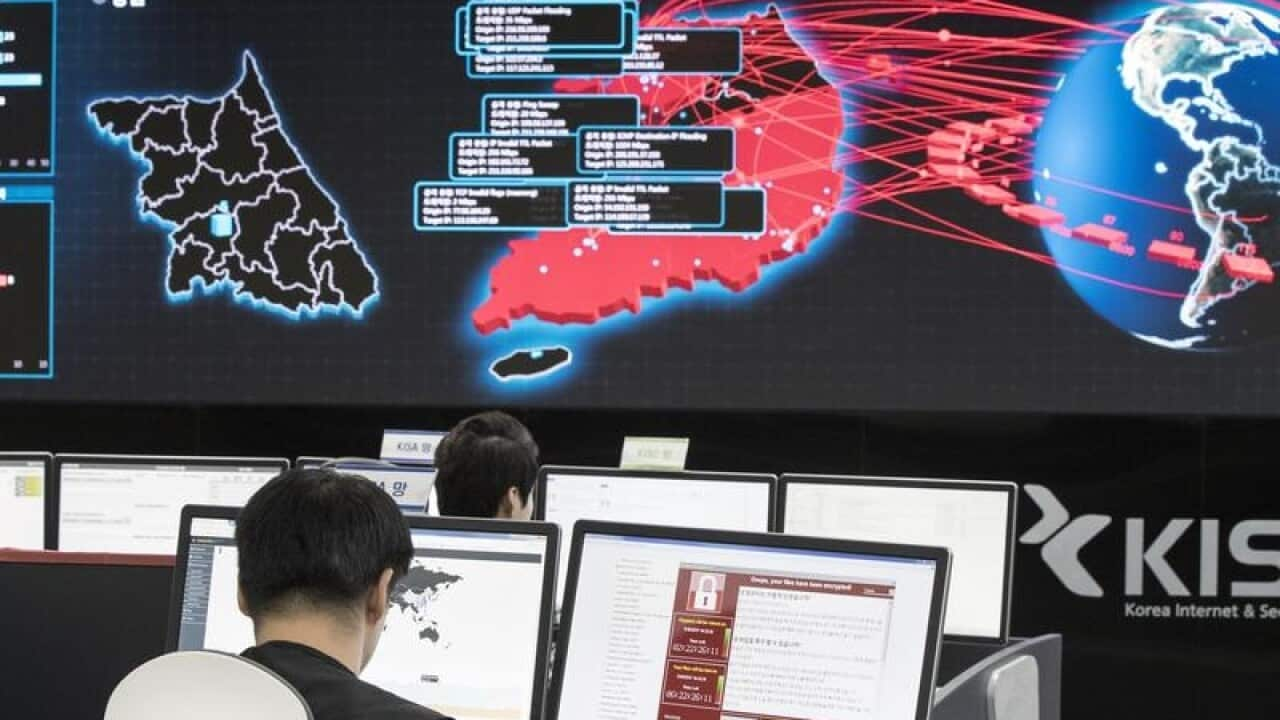US President Donald Trump's administration has publicly blamed North Korea for a "careless and reckless" ransomware attack that infected hundreds of thousands of computers worldwide in May and crippled parts of Britain's National Health Service.
Homeland Security adviser Tom Bossert told reporters at a White House briefing on Tuesday that North Korea was directly responsible for the WannaCry ransomware attack and that Pyongyang will be held accountable for it.
"This was a careless and reckless attack. It affected individuals, industry, governments and the consequences were beyond economic. The computers affected badly in the UK in their healthcare system put lives at risk, not just money," Bossert said.
Bossert said the administration's finding of responsibility is based on evidence and confirmed by other private companies and foreign governments, including the UK, Australia, Canada, New Zealand and Japan. He said Microsoft traced the attack to cyber affiliates of the North Korean government.
The findings come as the US has sought to pressure Kim Jong Un's government to end the pariah nation's nuclear and missile programs.
Bossert said the Trump administration would continue to push Pyongyang to curb its ability to mount attacks and seek to partner with the private sector to prevent future attacks.
But he said Trump "has used just about every lever you can use short of starving the North Korean people to death to change their behaviour. So we don't have a lot of room left here to apply pressure to change their behaviour. It's nevertheless important to call them out, let them know it's them and we know it's them."
Bossert said attributing the attack to North Korea would let them know "we're going to move to stop their behaviour" and work with tech partners such as Microsoft and Facebook.
The WannaCry attack struck more than 150 nations in May, locking up digital documents, databases and other files and demanding a ransom for their release.
The ransomware exploited a vulnerability in mostly older versions of Microsoft's Windows operating system. Affected computers had generally not been patched with security fixes that would have blocked the attack.
WannaCry came to a screeching halt thanks to enterprising work by a British hacker named Marcus Hutchins, who discovered that the malware's author had embedded a "kill switch" in the code.
Hutchins was able to trip that switch, and the attack soon ended. In an unusual twist, Hutchins was arrested months later by the FBI during a visit to the US; he pleaded not guilty and now awaits trial on charges he created unrelated forms of malware.









